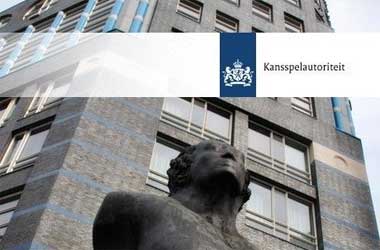NJ’s Revised PILOT Law Granting Casinos Tax Breaks Ruled Unconstitutional
 Summary
Summary
- The PILOT Law was to grant $55 million in tax cuts to casinos in 2022
- A Superior Court judge ruled that the law breached the constitution
- New Jersey isn’t happy with the decision and will file an appeal
New Jersey passed S4007 approved last year that looked to provide massive tax breaks to casino operators in the state. This law has now been struck down by a Superior Court judge for being unconstitutional.
The legislation involved changes to the state’s payment in lieu of property taxes (PILOT) scheme whereby online gaming would be excluded from taxes that are calculated according to the total gaming revenue generated by casinos during the prior year. The changes were approved in 2021, a year after the implementation of a worldwide lockdown that severely impacted land-based casino operations.
Under the new law, gaming companies would enjoy $55 million in tax cuts in 2022, which means Atlantic City, considered among the most distressed cities in the country, would lose out on much-needed funds for its recovery.
Back in January, Liberty and Prosperity 1776, a non-profit education organization in New Jersey, launched a lawsuit against the state in relation to the legislation, saying it breached the constitution. In its defense, the state said that the law was exempt from the preferential tax treatment prohibition as it was passed for a public purpose.
However, on August 29, Atlantic County Assignment Judge Michael Blee ruled that the law indeed violated the constitution as it was approved not for a public purpose but to aid the casino industry. In his decision, Judge Blee stated that the amendment was unnecessary as casinos are already beginning to recover from the pandemic, giving them the capability to meet the original requirements of the PILOT law.
State Expected to Appeal the Decision
During the pandemic, online gaming experienced huge growth as people shifted to playing online in the wake of the lockdowns. But despite massive revenues brought in by the business vertical, state legislators and the industry said PILOT changes needed to be implemented to alleviate the financial impact on casinos, with former Senate President Steve Sweeney warning that multiple casinos could be forced to close if tax adjustments weren’t introduced.
That claim runs contrary to the actual figures reported by the industry in 2021 during which it generated an estimated $767 million in gross operating profit, its highest revenue in over 10 years. With that number, US casinos could still thrive despite adhering to the original PILOT program.
The state will appeal the decision, according to a spokesperson from the governor’s office. The Casino Association of New Jersey refused to comment on the ruling.
Carolyn DuttonAuthor
Carolyn is our legislation expert, with a background in law she is able to cover the current state of gambling around the world





